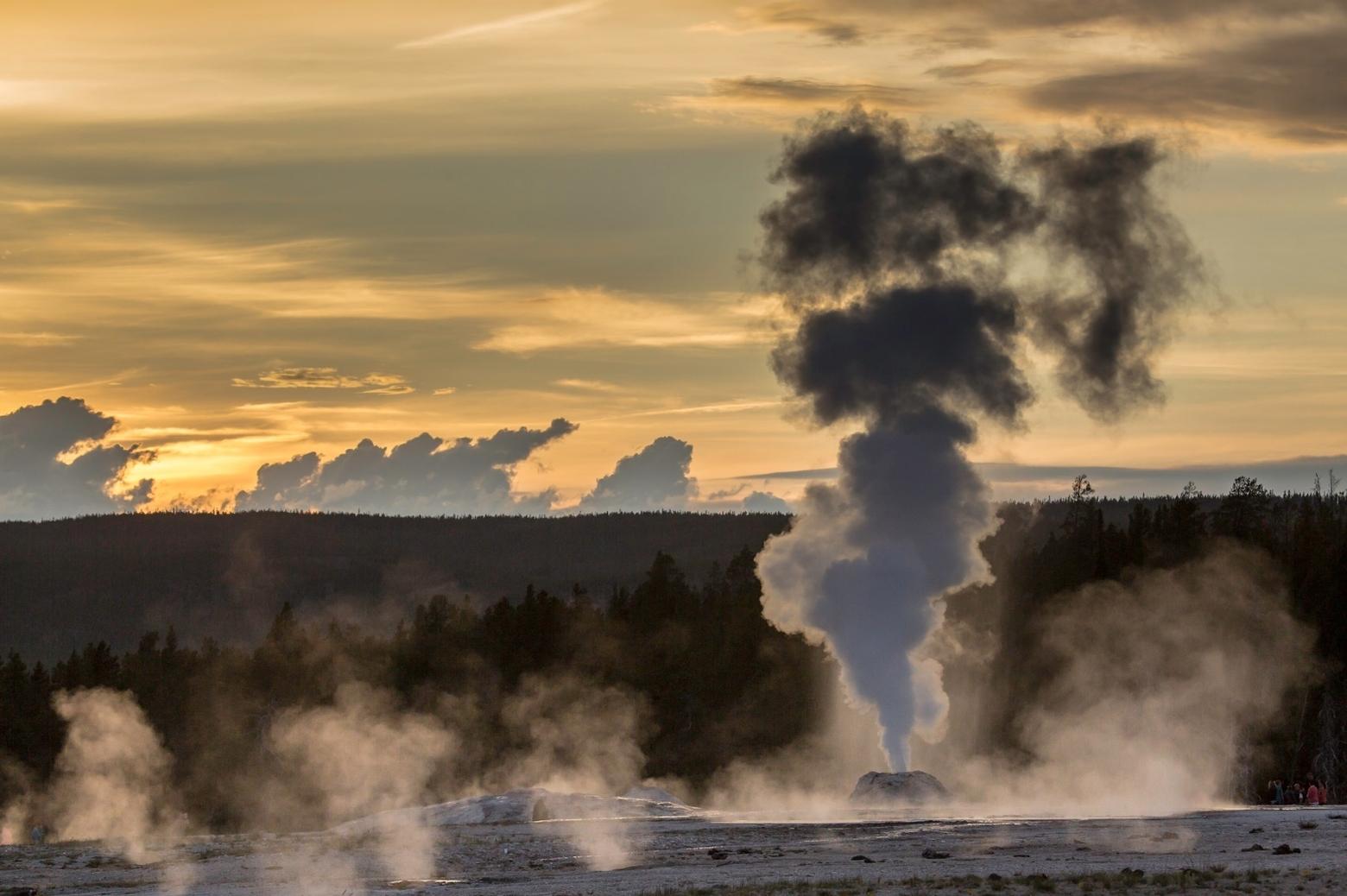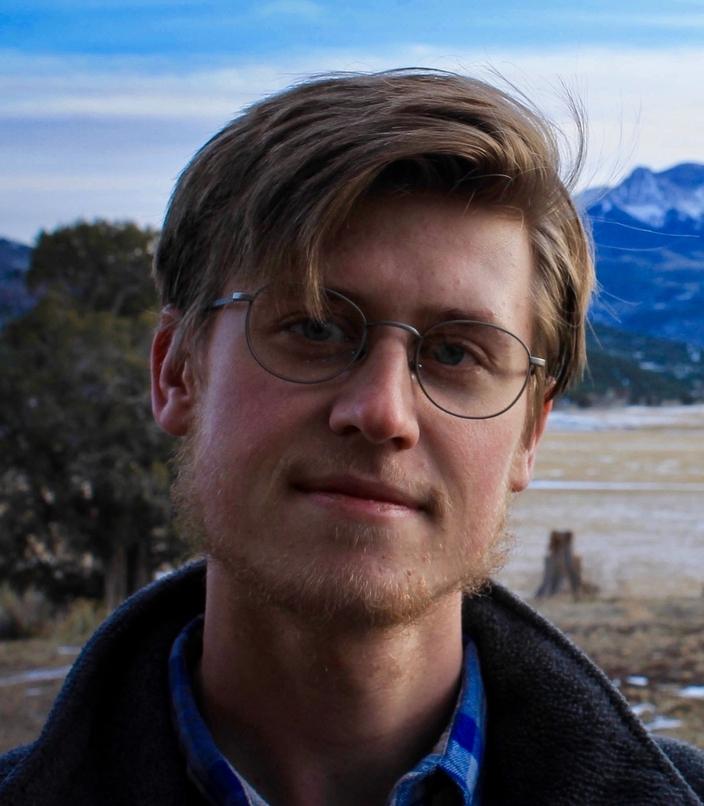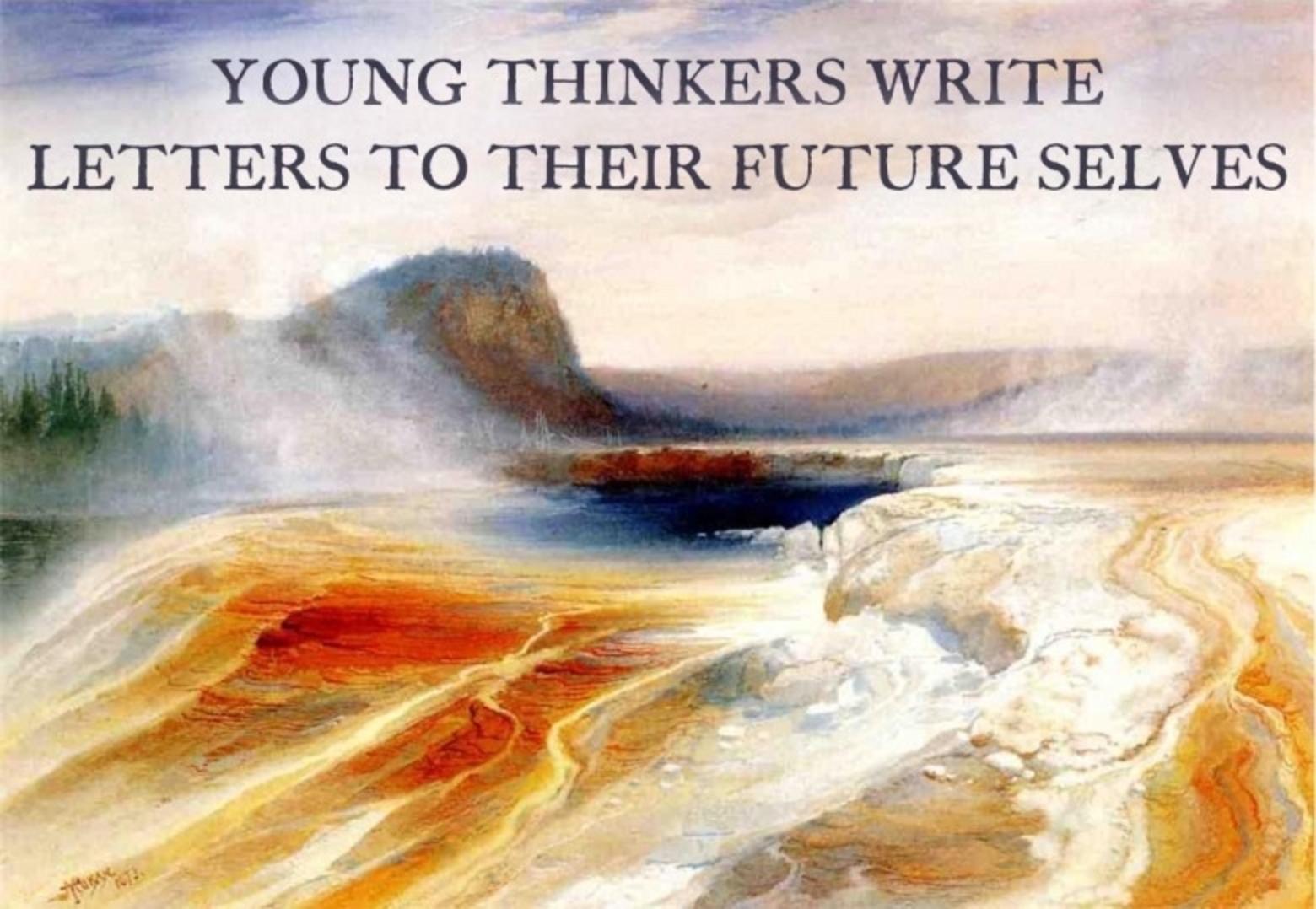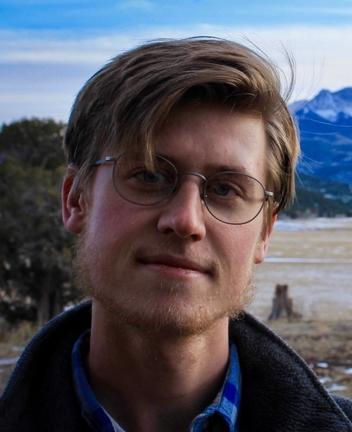Back to StoriesThe Paradox Of Caring For Places You Don't Know Are Yours
May 6, 2018
The Paradox Of Caring For Places You Don't Know Are YoursFor college student Franklin Eccher, saving Yellowstone for future generations demands raising awareness among those who believe public lands are irrelevant
EDITOR'S NOTE: Many springs, annually, for a long while, Mountain Journal founder Todd Wilkinson has been meeting with students from Yale's School of Forestry and Environmental Studies about issues facing the Greater Yellowstone Ecosystem. They head West under the tutelage of Dr. Susan G. Clark, Yale professor and founder of the Northern Rockies Conservation Cooperative headquartered in Jackson Hole. For many students, it is their first contact with the region. One of the assignments Wilkinson gives them is writing letters to themselves decades into the future. MoJo will be publishing these essays. We find them thoughtful and impressive. Not only that, we believe there is power in listening to young people who are both shaping and inheriting their own future.
by Franklin Eccher
Future Frank,
Speculating on the future seems sort of hollow to me. Our hopes and fears for a future world are always extrapolations of the present, and I don’t expect your world to be anything like the visions I hold now.
It’s hard to imagine an optimistic pathway forward. Our human relationship to the earth is fundamentally unsustainable, overwrought with self-interest and conflicting cultural narratives. Over 35 years, that impact will only continue to make this partnership more tenuous.
The global population will only continue to grow, and this reality carries with it grim implications for our environmental future. Technological innovation can only take us so far. Our relationship to the land must change, too.
In my time and in yours, Yellowstone and America’s preserved public lands are essential to bridging the gap between human action and ecological health. A commitment to environmental values began for you in places like this, with reverence and wonder in their simplest forms.
Looking to the future, record visitation to Yellowstone is both a problem and an indication: that preserved places like Yellowstone fulfill something fundamental to our identity and understanding of our place in the world. This is the paradox of wilderness perception: that our recognition of wild spaces only grows as they continue to vanish. Yellowstone should and must survive, in form and idea, for itself, but also as a call-to-action for those who may never see it.
For you and the future you live in, I hope that you can find ways...
...to deepen others’ connection to nature and help others to make meaning from a sense of place,
...to make the outdoors a more inclusive space and to give local perspectives a seat at the table,
...to organize around public lands like Yellowstone but also to engage with everything that doesn’t share Yellowstone’s mystique, the wild and natural that surrounds us every day,
...to tell stories that motivate, inspire, and build new understandings...
...and to better understand problems and standpoints before jumping to easy solutions.
We’ve talked a lot about what we would commit and sacrifice to create the future we want to see for Yellowstone and for the world, but there is no opportunity cost to this kind of work. Happiness is neither an object nor a state of mind, but rather a way of being in the world, a product of ourselves and our interactions with all that is not ourselves. As Terry Eagleton writes, “The meaning of life is life itself.”
It’s doing the work, and doing it with humility, curiosity, and love.
I hope all of that for you.
Until then,
Frank
EDITOR'S NOTE: Also read:
How Do We 'Make Meaning' Of Places Like Yellowstone? by Meghan Gupta





